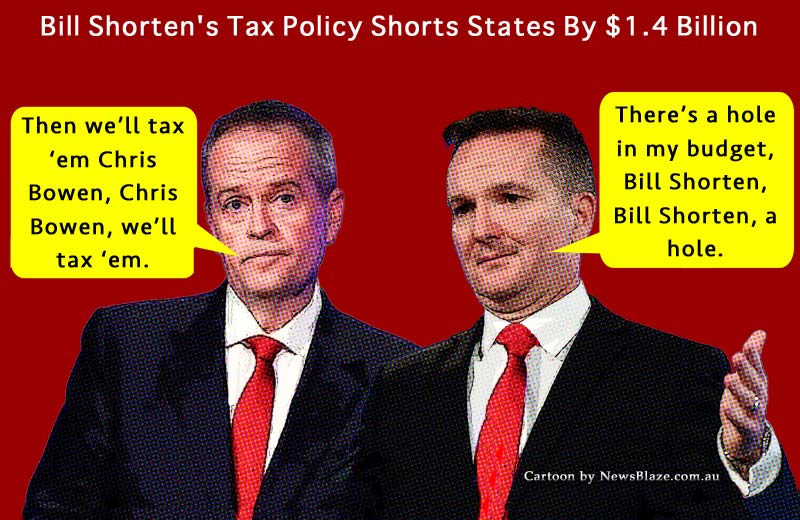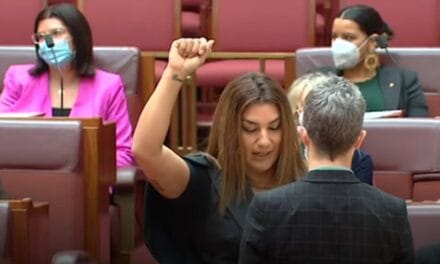According to the Centre for International Economics, Bill Shorten’s proposed changes to capital gains tax policy will cut $1.4 billion a year. The yearly loss to state revenue will be $1 billion plus $400 million in GST receipts.
SQM Research looked at Labor’s Negative Gearing Policy. They forecast a $2.3 billion drop in stamp-duty in the first year. The investment research house specialises in providing accurate, objective, candid and honest research, and data to financial institutions, investment professionals and investors.
These predictions have states wondering how to survive a Shorten federal government.
Three Liberal state government treasurers this week wrote to the opposition leader, asking him to clearly articulate the “economic and fiscal impact” of his proposed negative gearing and capital gains tax changes on their states.
In effect, Bill Shorten’s tax changes will transfer state income to the federal government. The treasurers want Bill Shorten to commit to compensating the states for loss of GST revenue.
If Mr. Shorten compensates the states, it will carve out a $4 Billion hole in his costings. If he doesn’t compensate the states, they will need to cut programs or find other ways to raise money from their constituents.
In their joint letter to Mr. Shorten, the treasurers referred to the modelling of several research houses. They also noted that the changes would lower living standards and reduce property values throughout Australia.
The housing market has already suffered substantial softening, and this, in turn, has seen adverse effects on consumer spending, and economic growth. Revenue forecasts for state and federal governments have both fallen. The Reserve Bank confirms these effects.
Labor’s changes are expected to be a further drag on the housing market, consumer confidence, the economy as a whole, property values, and living standards.
If Labor wins the election and enacts these changes, it would not be the first time that Labor’s tax and spend policies slowed the economy. The last time Labor ventured into changing negative gearing policy, it had an immediate effect on housing and the rental market. From 1985 to 1987, rents in Sydney and Perth spiked by 33%. Labor reversed their disastrous policy adventure in 1987.
The letter from the state treasurers said, “We write to seek your urgent advice on the impact of your policies on home values, rents, the construction industry, the economy, wages, and jobs.”
Like Labor’s motor vehicle proposals, Bill Shorten hasn’t thought through their proposed tax policy changes.
Small investors who buy a new property so they can negatively gear it should probably worry about what will happen if they need to sell it early for some reason. That’s because it will no longer be new, meaning no investor will buy it from them because they won’t be able to negatively gear it.
Given what happened last time Labor tried to suck more money from “the rich,” everyone should probably be very worried. Renters could see their rents rising. Builders could see lower demand for new construction. Investors wanting to exit their properties could see lower selling prices and much longer sale times.




